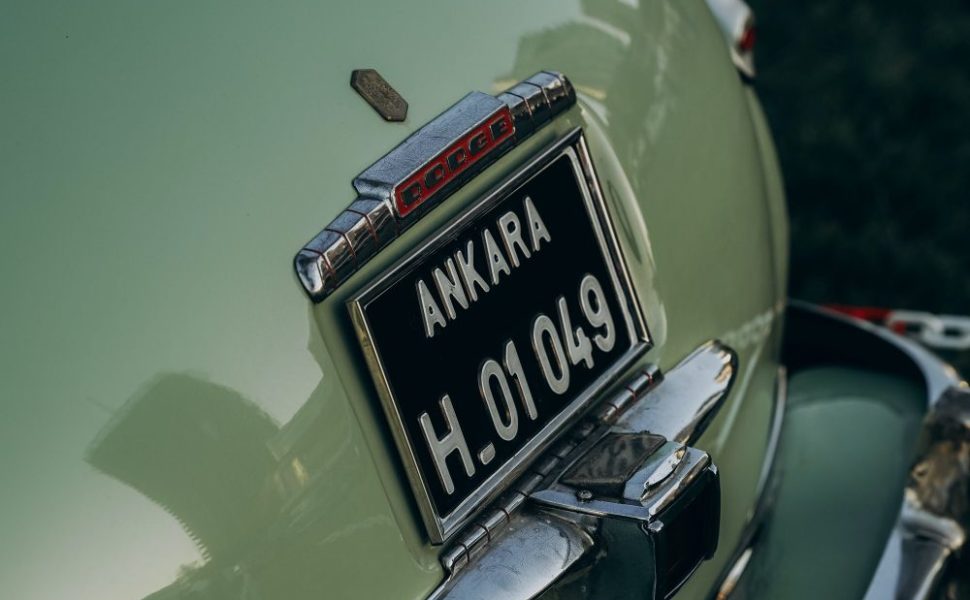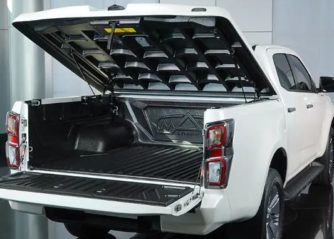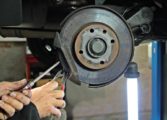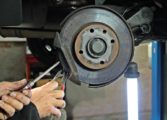American Classic Cars

Introduction
American classic cars hold a special place in the hearts of car enthusiasts worldwide. These iconic vehicles embody the spirit of an era and are beloved for their timeless design, powerful engines, and rich cultural significance. In this article, we will provide a comprehensive overview of American classic cars, exploring their types, popularity, and the distinguishing factors that set them apart.
Overview of

American classic cars refer to vintage vehicles produced between the 1920s and the 1970s. These automobiles are known for their distinctive style, craftsmanship, and attention to detail. They have become collector’s items and are treasured for their historical value and rarity. American classic cars encompass various genres, including muscle cars, hot rods, and luxury vehicles, each having its own unique characteristics.
Types of American Classic Cars
Muscle Cars: Muscle cars were a product of the 1960s and 1970s and are known for their high-performance engines and sleek designs. They were specifically built for speed and dominated the American automotive scene. Iconic muscle cars like the Ford Mustang, Chevrolet Camaro, and Dodge Challenger are still revered today.
Hot Rods: Hot rods are custom-built cars that have been modified for performance by enthusiasts. These vehicles often feature customized engines and bodywork, showcasing individual creativity. Hot rodding became a significant subculture in American car culture, allowing enthusiasts to personalize their vehicles and showcase their craftsmanship.
Luxury Vehicles: American luxury vehicles from brands like Cadillac, Lincoln, and Packard offered unparalleled comfort, elegance, and sophistication. These cars were often adorned with lavish interiors, state-of-the-art technology, and refined exteriors, appealing to the affluent buyers of the time.
Popularity of American Classic Cars
The popularity of American classic cars has remained steadfast over the years. Car enthusiasts and collectors from around the world appreciate these vehicles for their design, performance, and historical significance. Auctions and car shows dedicated to classic cars attract thousands of visitors who showcase their prized possessions and engage in discussions about these automotive treasures.
Quantitative Measurements of American Classic Cars
Quantitatively evaluating American classic cars involves analyzing factors such as production numbers, auction prices, and sales figures. These metrics provide insight into the rarity and market value of these vehicles. For instance, limited production numbers of certain models increase their desirability and drive up their prices at auctions. Sales figures also highlight the demand for classic cars within the automotive industry.
Differences among American Classic Cars
American classic cars differ from each other in numerous ways, including design elements, performance capabilities, and cultural significance. Muscle cars, with their powerful engines and aggressive styling, cater to speed enthusiasts. Hot rods, on the other hand, exhibit custom designs that reflect the individual tastes and preferences of their creators. Luxury vehicles, with their refined finishes and opulent interiors, are a testament to American craftsmanship and elegance.
Historical Analysis of Pros and Cons for American Classic Cars
When considering American classic cars, it is essential to weigh the advantages and disadvantages. On the positive side, these vintage vehicles offer a glimpse into the automotive past, with their exquisite designs and historical significance. However, restoring and maintaining classic cars can be expensive, requiring expertise and hard-to-find parts. Additionally, due to their age, classic cars may lack modern safety features and may not be as fuel-efficient as contemporary vehicles.
Crucial Factors for Buying American Classic Cars
For car enthusiasts, several factors influence their decision to purchase a classic car. These include authenticity, condition, provenance, rarity, and personal preference. Authenticity ensures that the vehicle remains true to its original specifications and design. The condition refers to the state of the vehicle, whether it requires restoration or is in pristine condition. Provenance relates to the car’s history, such as previous owners, racing heritage, or famous associations. Rarity adds value, as vehicles produced in limited quantities are highly sought after. Finally, personal preference plays a significant role, with buyers choosing the cars that resonate with them personally and emotionally.
Conclusion
American classic cars continue to captivate the imaginations of car enthusiasts across the globe. Their timeless design, powerful engines, and cultural significance make them icons in the automotive world. Whether it’s the raw power of muscle cars, the customizations of hot rods, or the elegance of luxury vehicles, these American classics hold a special place in history and continue to bring joy to those who appreciate their unique charm.
















































